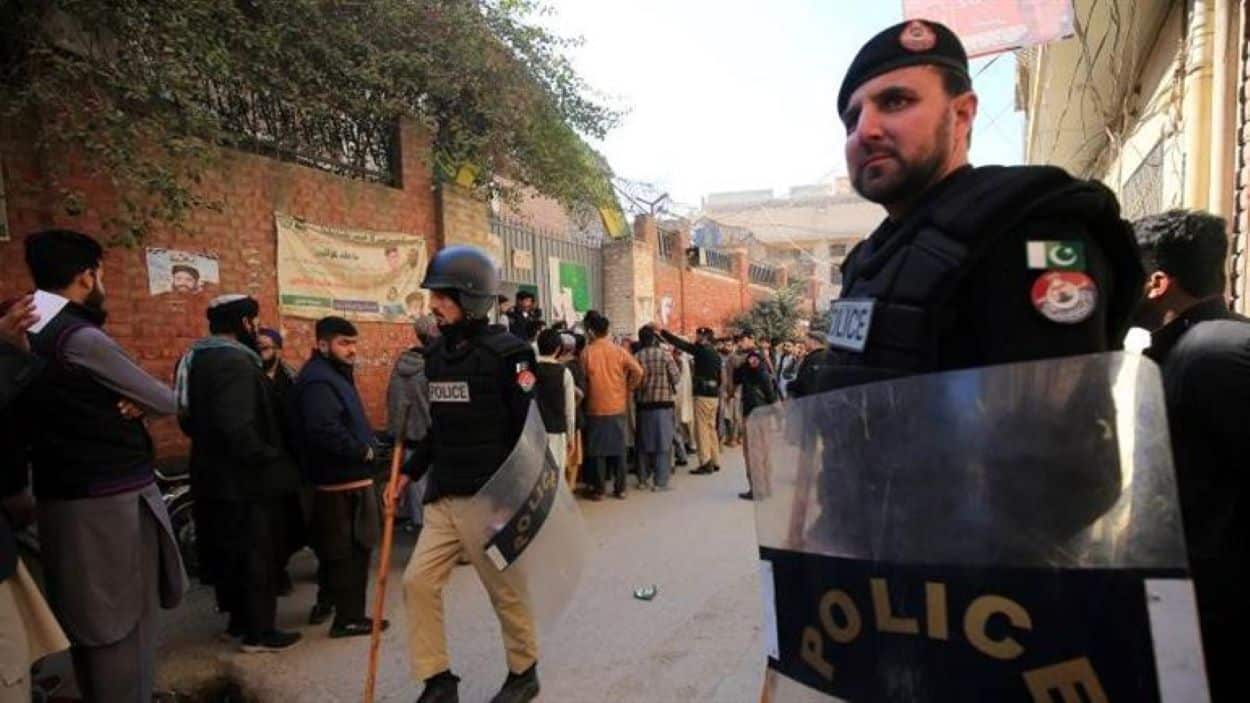On a day marked by the nation’s exercise of democratic rights, at least 12 individuals, including 10 security personnel, lost their lives, and 39 others were injured due to militant attacks and election-related violence across the country. Authorities and locals reported these incidents on Thursday, highlighting the challenges faced during the electoral process.
Security Efforts and Incidents
In anticipation of the elections, extensive security measures were implemented. Thousands of troops were deployed, and the nation’s borders with Iran and Afghanistan were temporarily sealed. Despite these precautions, the Inter-Services Public Relations (ISPR) reported that 51 attacks occurred in Khyber-Pakhtunkhwa (K-P) and Balochistan, resulting in 12 fatalities and 39 injuries. The military’s media wing noted that several threats were averted through timely intelligence and actions, demonstrating the security forces’ dedication to safeguarding democratic practices. Additionally, operations led to the neutralization of five terrorists.
In Dera Ismail Khan district’s Kulachi area, a bomb explosion and subsequent gunfire aimed at a police patrol claimed the lives of five officers. Following the explosion, the attackers also engaged in gunfire, leading to the death of Sub-Inspector Sultan Yusuf Khan, Driver Zeeshan, and Constables Muhammad Saber, Israr Ahmed, and Ali Muhammad. This incident also left four policemen wounded, with two in critical condition, necessitating their airlift to a hospital.
Elsewhere, violence persisted with an attack on a security forces vehicle in Tank, resulting in one fatality. Additionally, children and a civilian force soldier were among the victims of over a dozen blasts, which caused injuries to 10 individuals.
The electoral process faced further complications as Mohsin Dawar, a candidate from North Waziristan, reported that some polling stations in his area were seized by local “Taliban” elements, posing threats to the polling staff and local citizens. This claim awaits verification.
Despite the cold weather and a mobile phone blackout criticized by Amnesty International as an infringement on free expression and peaceful assembly rights, citizens turned out to vote. The Chief Election Commissioner, Sikandar Sultan Raja, clarified that the mobile network decision responded to security concerns, underscoring the complex interplay of security, freedom, and democratic engagement during the elections.






